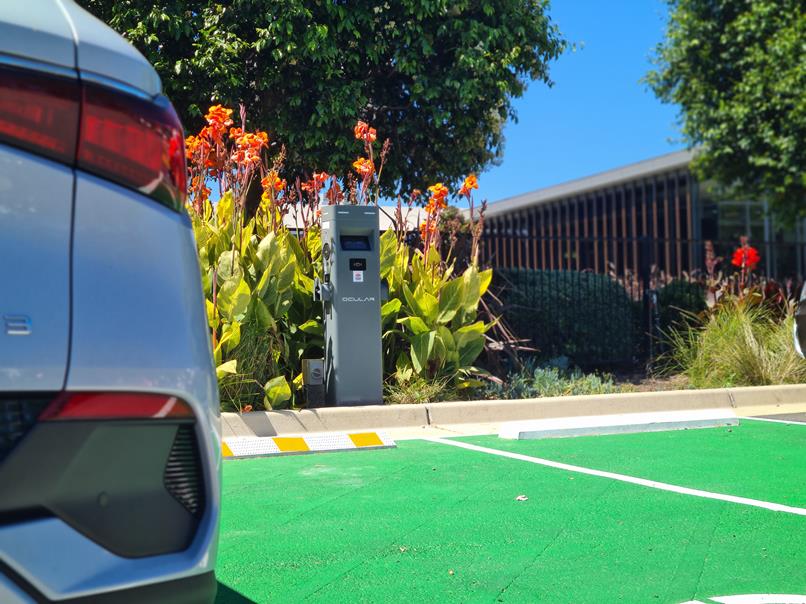What variables will determine the price of EVs in the future?

In recent years, the electric vehicle (EV) market has experienced significant growth and innovation, driven by a global push towards sustainable transportation. As we look ahead to the next few years, the price of EVs is poised to be influenced by a multitude of factors, creating a complex tapestry that includes supply dynamics, government policies, and groundbreaking technologies. One such technology, bidirectional power, is currently being trialed in Australia, promising to revolutionize the way we think about EVs. In this blog, we’ll explore the myriad variables that will shape the pricing landscape of electric vehicles in the near future.
- Supply of New and Second-Hand Vehicles:
The supply and demand for EVs play a pivotal role in determining their prices. As more automakers invest in electric vehicle production, economies of scale may drive down manufacturing costs, making EVs more affordable for consumers. Simultaneously, a thriving second-hand market could provide budget-conscious buyers with accessible options, further democratizing electric mobility. However, challenges such as battery degradation and the pace of technological advancements may influence the resale value of used EVs, adding an additional layer of complexity to the market.
- Government Policy:
Government policies and incentives have been instrumental in accelerating the adoption of electric vehicles. Various countries have implemented tax credits, subsidies, and stringent emission regulations to encourage the production and purchase of EVs. As we move forward, changes in government policies will continue to impact EV prices. Increased support and favorable regulations can stimulate demand, while shifts in subsidy programs may have the opposite effect. Governments may also explore new ways to incentivize sustainable transportation, shaping the market dynamics in unforeseen ways.
- Bidirectional Power Technology:
One of the most exciting developments in the EV landscape is bidirectional power technology. This innovation allows electric vehicles to not only consume power but also to feed electricity back into the grid or power other devices. Australia is at the forefront of trialing bidirectional power, with the potential to transform how we utilize EVs. This capability could make EVs even more desirable, potentially affecting their pricing as consumers recognize the multifaceted value proposition.
- Time-of-Use Charging and Solar Integration:
Bidirectional power ties into the concept of time-of-use charging, where consumers can recharge their EVs during off-peak hours when electricity rates are lower. Additionally, integrating solar energy into this equation further amplifies the sustainability and cost-effectiveness of EV ownership. As the world continues to shift towards renewable energy sources, the availability of solar power for recharging EVs could become a significant factor influencing the pricing and attractiveness of electric vehicles.
Conclusion:
The future of electric vehicle pricing is a mosaic painted with a broad brush of interconnected variables. From the supply of vehicles and government policies to groundbreaking technologies like bidirectional power, the next few years promise to be dynamic for the EV market. As we strive for a more sustainable and eco-friendly future, the continued evolution of these factors will play a crucial role in shaping the affordability and desirability of electric vehicles on a global scale. Keep an eye on these variables, as they unfold, painting a vibrant picture of the electric vehicle landscape in the years to come.
Have any questions? Contact us:
1300 406 210
Sales@evse.com.au


